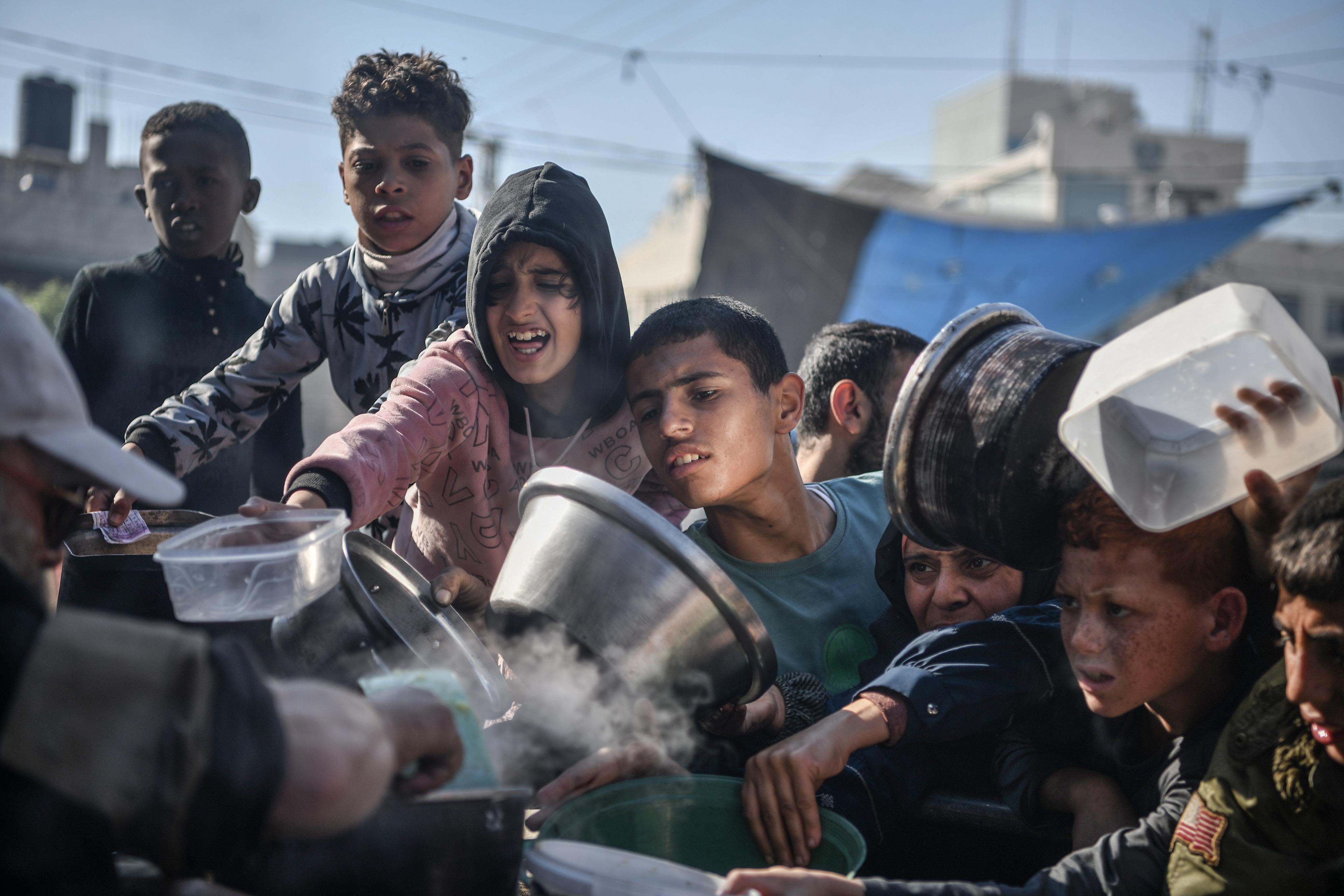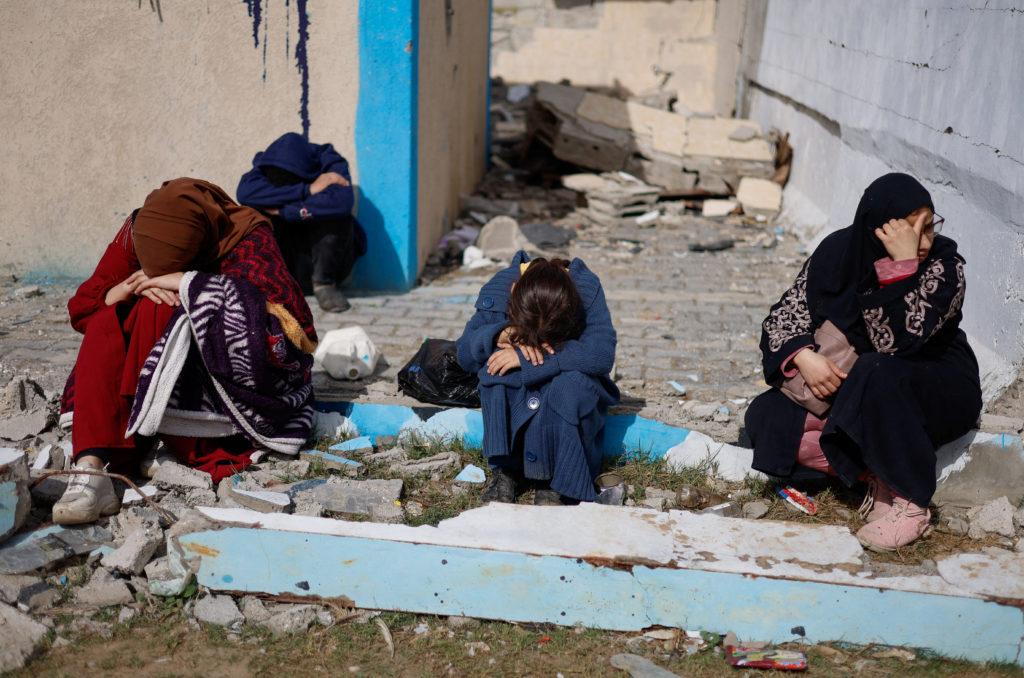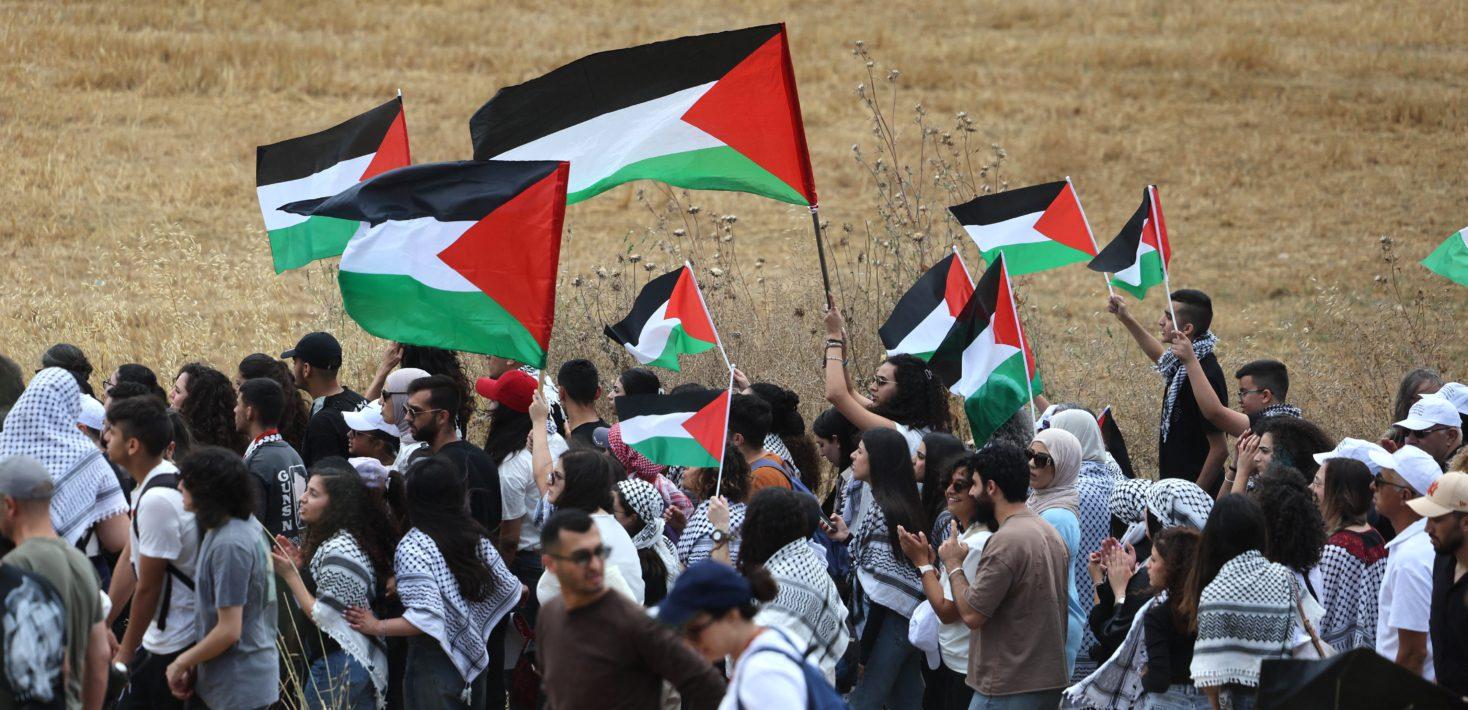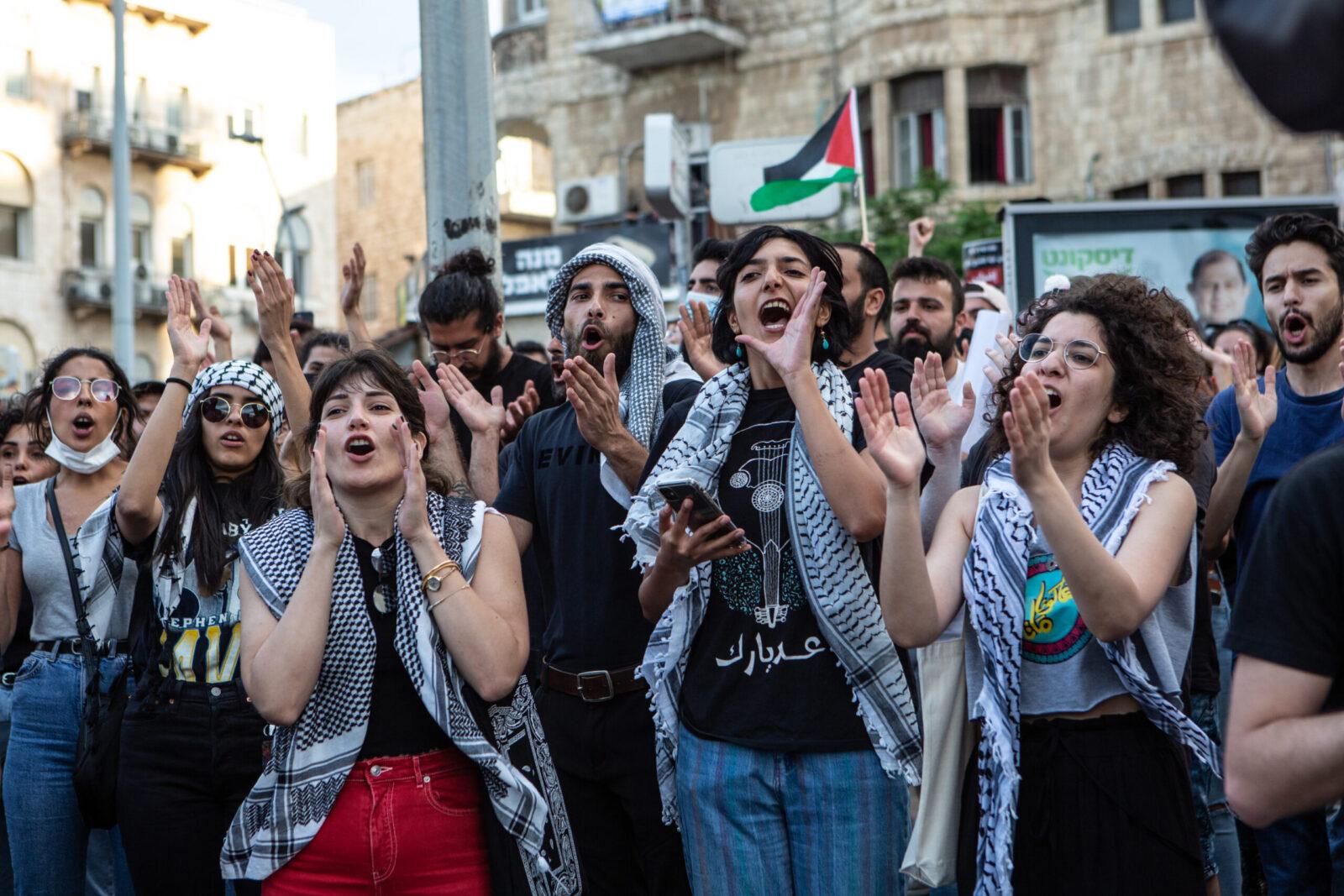Palestinian Olive Grove Symbolizes Gratitude for carters Advocacy
In a heartfelt gesture of appreciation, Palestinians in the West Bank have dedicated a lush olive grove to former U.S. President Jimmy Carter, recognizing his unwavering commitment to advocating for peace and justice in the region. Nestled amidst the rolling hills of the area,this olive grove serves not only as a tribute to Carter’s impactful work but also as a symbol of hope and resilience for the Palestinian people. the choice of the olive tree, a long-standing emblem of peace, underscores the community’s gratitude for Carter’s efforts to promote dialog and understanding in a time of conflict.
during the dedication ceremony, local leaders and community members highlighted Carter’s contributions, noting his pivotal role in past negotiations and his ongoing commitment to Palestinian rights. Key themes of the event included:
- The importance of international advocacy for Palestinian sovereignty
- The role of olive trees in Palestinian culture and economy
- The need for continued support from global leaders
The olive grove stands as a living testament to the possibilities of reconciliation and serves as a reminder that peaceful coexistence is an achievable goal, inspired by Carter’s legacy of hope and humanity.

Carters Legacy in Palestinian Rights: Historical Context and Impact
In a powerful gesture of gratitude and recognition, a dedicated olive grove in the West Bank has been established in honour of Jimmy Carter, underscoring his enduring commitment to Palestinian rights.Carter’s legacy is interwoven with pivotal moments in the quest for peace in the region. His presidency from 1977 to 1981 was marked by critically important diplomatic efforts, particularly the Camp David Accords, where he not only brokered peace between Egypt and Israel but also drew attention to the Palestinian plight. This gesture serves as a symbolic reminder of the principles he championed: justice, equality, and human dignity.
The impact of Carter’s advocacy for Palestinian rights extends beyond his presidency, influencing global perceptions and activism surrounding the Israeli-Palestinian conflict. his post-presidential years have been characterized by activism through the Carter Center, where he has consistently emphasized the importance of recognizing Palestinian self-determination. The dedication of the olive grove highlights several key themes of his legacy:
- Human Rights: Carter’s unwavering commitment to human rights set a precedent for future leaders.
- Diplomatic Engagement: His candid approach to negotiation opened doors for continued dialogue.
- Global Awareness: His voice amplified the palestinian struggle on the world stage.
This grove stands not only as a testament to his influence but also as a call for renewed efforts toward peace and reconciliation in the region.

A Growing Movement: Olive Trees as Symbols of Peace and Resistance
In a poignant tribute to the legacy of humanitarian efforts, Palestinians have dedicated an olive grove in the West Bank to former President Jimmy Carter, a figure synonymous with advocacy for peace in the region. This grove, a sprawling collection of age-old olive trees, stands not just as a testament to the agricultural heritage of the Palestinians but also as a living emblem of their ongoing struggle for sovereignty and justice.As the trees take root,they symbolize the resilience of a people who have historically used the olive branch as a gesture of peace while enduring decades of conflict and oppression.The choice to honor Carter highlights his enduring commitment to dialogue and the pursuit of peaceful resolutions to conflicts, often contrasting sharply with the political realities on the ground.
The event drew local inhabitants and international supporters alike, showcasing a unified stance in favor of peace and resistance through cultural symbols. Participants expressed their hopes that this gesture would foster dialogue and understanding, emphasizing that the olive tree is more than a crop; it represents strength, continuity, and connection to the land. The grove serves as a reminder that amidst hardship, there exists a community dedicated to cultivating not only the earth but also the ideals of justice and reconciliation. In an age where division often prevails,the dedication of this grove stands as a beacon of coexistence,rooted deeply in the soil of both history and hope,inviting the world to rally around the principles of compassion and mutual respect.

Recommendations for Global Support of Palestinian Agricultural Initiatives
To bolster Palestinian agricultural initiatives, particularly in the context of traditional practices such as olive farming, a multifaceted approach is necessary. Collaboration between international organizations,local governments,and grassroots movements can create lasting frameworks that enhance productivity and resilience. Key recommendations include:
- Investment in Infrastructure: Improved irrigation systems,roads,and storage facilities should be prioritized to boost production and facilitate market access.
- Research and Development: Support local agricultural research to innovate pest management and sustainable farming techniques tailored to the unique Palestinian agricultural landscape.
- Cooperative Models: Encourage the formation of cooperatives that empower farmers through shared resources, collective marketing, and education.
- Global Awareness Campaigns: Launch initiatives that highlight the importance of Palestinian agriculture, increasing global recognition and potential business partnerships.
Moreover, international partnerships can be forged to ensure knowledge transfer and capacity-building within the agricultural sector. Sustainable agricultural practices must be at the forefront to help mitigate the impacts of climate change and political instability. To achieve this, it is essential to:
- Facilitate Training Programs: Provide local farmers with access to workshops and seminars focusing on sustainable farming techniques and marketing strategies.
- Establish Fair Trade Channels: Develop pathways that ensure fair compensation for Palestinian agricultural products in global markets.
- Promote Eco-Friendly Practices: Encourage organic farming and biodiversity to enhance the sustainability of olive groves and other crops.
- Engage Diaspora Communities: Leverage the support and investment potential of the Palestinian diaspora to fund agricultural projects.
